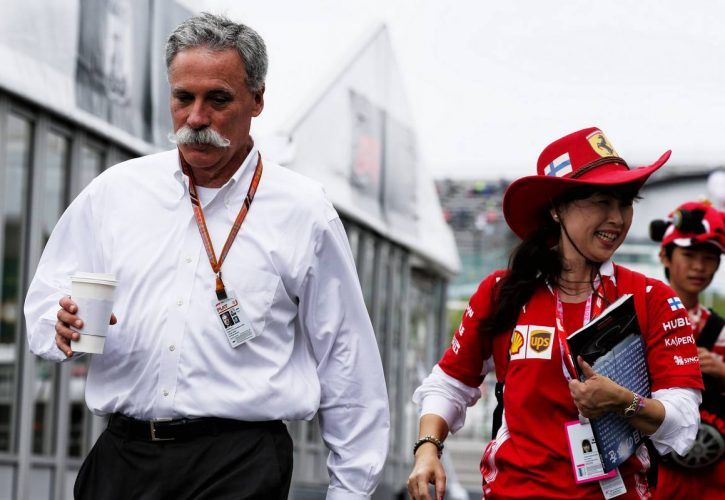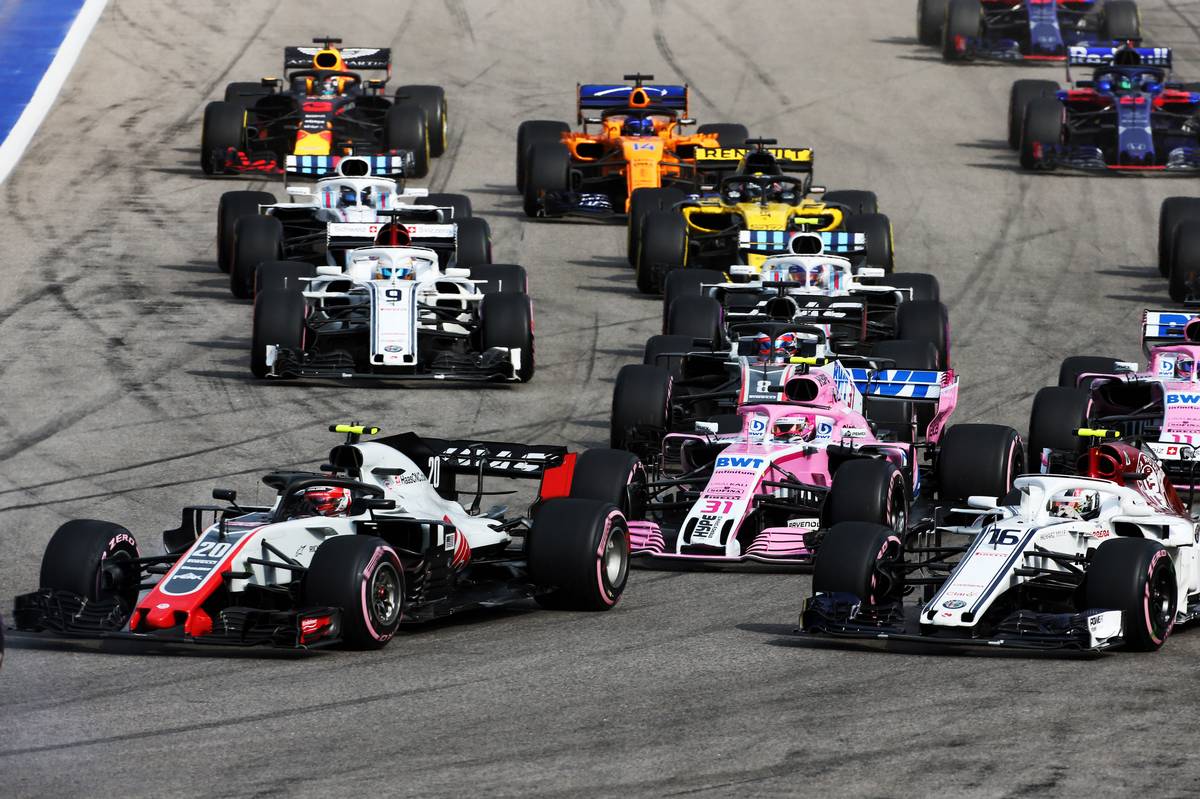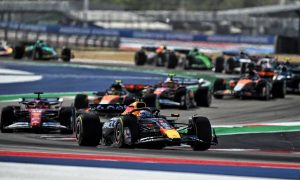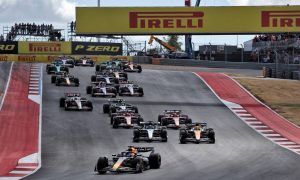
Formula 1 CEO Chase Carey confirmed F1's plans to expand its schedule beyond 21 races in the future, with an emphasis on quality and diversity.
For the first time since it took over the reins of the sport at the end of 2016, Liberty media has added a new venue to the calendar, with a race set to take place on the streets of Hanoi in 2020.
Moving forward, Carey plans on capitalizing on the healthy interest expressed by potential promoters spread across the globe as F1 seeks to expand its race calendar in the future.
A move that will also entice Liberty Media to drop "unattractive" races negotiated during the Ecclestone era and replace them with new deals more profitable for the sport's commercial rights holder, a direction that one assumes could put in jeopardy classic events such as the British GP at Silverstone or the Italian GP at Monza.
"We believe there is still potential growth, significant growth, in the promotion segment, during the next few years," Carey said in a conference call with Liberty Media investors.
"The growth will be driven by three factors. First, we expect to expand our calendar beyond our current 21-race schedule. The expansion will be modest, but we have been excited by the number, quality and diversity of new locations interested in hosting a race.
"We are on the right side of the quality of races or fees. Every race needs to be great for fans, and be an attractive business proposition."
"The race we announced in Vietnam last week is a prime example of an event that will provide a great track for racing in a location that captures the world's imagination.
"Second, we expect to replace a few existing races where we inherited unattractive agreements, with new events or agreements, that are better for racing and provide more value.
"Third, there is significant long-term value in our higher-end hospitality experience.
"Major events today increasingly rely on those customers willing and able to pay for unique and tailored experiences, both in the corporate and retail end."

Beyond boosting its presence around the world, F1 is also focused on improving its overall platform in order to offer more value for money to promoters, something that clearly wasn't a priority during the Ecclestone era insists Grand Prix racing's chief.
"The promotion end of our business has been viewed as more mature than other revenue streams in Formula One," added Carey.
"This perception was fueled by a lack of investment or freshness by the prior regime in our events.
"Quite simply our events became stale, which led promoters to focus on costs as opposed to growth. Events today are more valuable than ever, and we have a world-class premium event.
"We need to focus on maximising the value of our events, and communicating that to host locations.
"We're encouraged that the message is getting through to both existing and potential new host cities."
Gallery: The beautiful wives and girlfriends of F1 drivers
Keep up to date with all the F1 news via Facebook and Twitter






